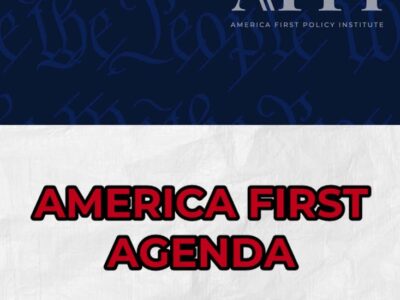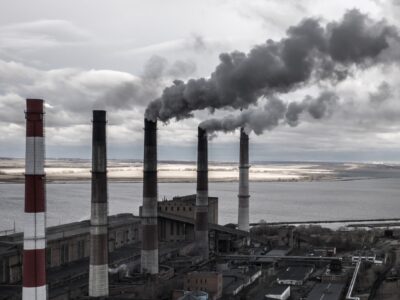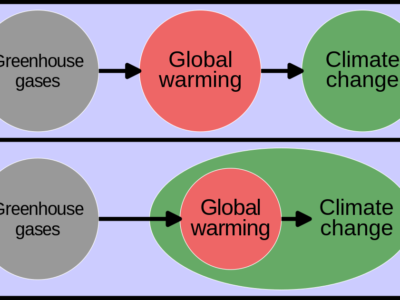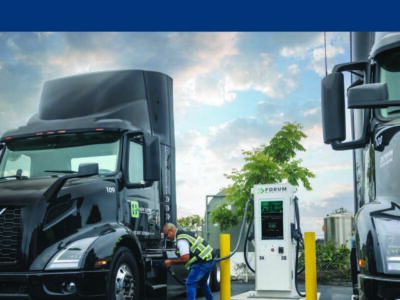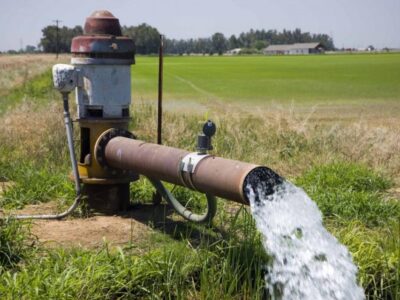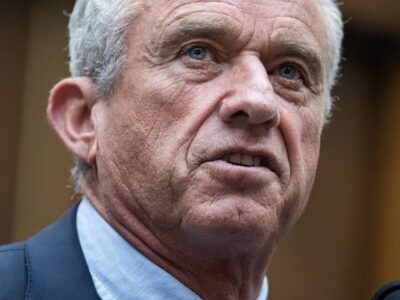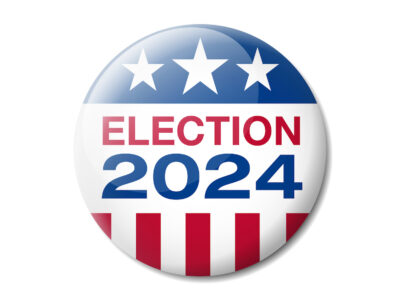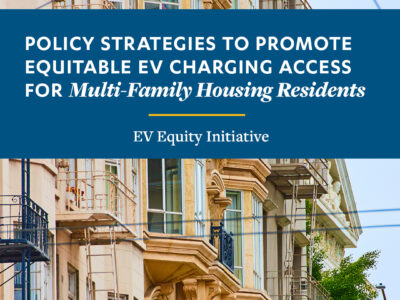Trump’s Replacement for Project 2025: The “Other” MAGA Plan
It's not Project 2025, but the "America First Agenda" is worse in some ways.
Trump has attempted to disavow the unpopular Project 2025 and distance himself from the Heritage Foundation, the primary author. In the meantime, another think tank has risen to prominence in Trump World, the America First Policy Institute. It is poised to play a major role in his transition team. The AFPI’s views aren’t expressed as stridently but share Project 2025’s philosophy. In its attack on the administrative state, the AFPI seems if anything more radica...
CONTINUE READINGClean Air and the Turbocharged Shadow Docket
Guest Contributors Sean Donahue & Megan Herzog write that coal advocates offer troubling new grounds for the Supreme Court to stay EPA’s carbon pollution standards.
The Supreme Court is currently considering eight emergency (or “shadow docket”) requests from coal advocates (coal-mining companies, coal-burning electricity generators, and allied State attorneys general led by West Virginia) to bar implementation of new EPA rules limiting carbon pollution from coal- and gas-burning power plants while legal challenges to the rules proceed—what is known as a “stay” of the rules. EPA filed its opposition earlier this week....
CONTINUE READINGLet’s Make Tomorrow “National Climate Awareness Day”
Here’s the case for setting aside a day to think about climate change, and why that day should be Aug. 23
Not all days are set aside for happy reasons. Think of Memorial Day, dedicated to the nation’s war dead. Like the toll of war, climate change isn’t something to celebrate, but it’s something to remember. We can also commemorate the role of scientists and engineers in identifying climate change, its cause, and the technologies needed to address it. Picking a date to highlight climate change isn’t easy, given that climate change happens year-round. There's a g...
CONTINUE READINGNew Report: Charging and Financing Electric Trucks
CLEE/UCLA Law report & webinar offers solutions to meet California’s zero-emission trucks goal
California has groundbreaking goals to require automakers to sell, and large fleets to purchase, zero-emission trucks and buses in increasing percentages, starting this year. But these goals will only be achievable if the state has sufficient charging infrastructure to fuel the vehicles, along with available financing to help truck owners purchase or lease them. To address these dual needs, UC Berkeley Law’s Center for Law, Energy and the Environment (CLEE) and the ...
CONTINUE READINGAssessing the First Decade of California’s Sustainable Groundwater Management Act
You're Invited to "10 Years In: A SGMA Report Card"--A Conference at U.C. Davis Law School on 9/6
A decade ago, California stood out--and not in a good way--as the only Western state without comprehensive state laws monitoring and regulating groundwater pumping and use. But in 2014, following years of severe and protracted California drought, and both agricultural and urban water users compensating for depleted surface water flows by pumping groundwater in unprecedented amounts, a fragile political consensus emerged among California legislators, water districts an...
CONTINUE READINGThe Ins and Outs of Kennedy’s Environmental Positions
His campaign website is a mashup of very different perspectives, from "back to the earth" to tech bro.
I had looked at RFK Jr.’s website earlier in his campaign, and ended up being dissatisfied that his plan to address climate change was unclear. I decided to go back and see if things had changed in the intervening time. Whether or not he stays in the race -- currently unclear -- his views are interesting in their own right. [As it turned out, Kennedy endorsed Trump just a few days later, perhaps signaling that environmental issues had become a low priority for him.] ...
CONTINUE READINGIn Their Own Words: Climate Policy and the Party Platforms
The GOP and Democratic Platforms take starkly different approaches.
The two major parties are miles, if not light years, apart on climate and energy policy. The two party platforms provide the official positions of both parties. Rather than editorialize about the differences, I thought it would be more useful to let the two parties speak for themselves. I've pasted the relevant parts of the GOP platform below. The draft Democratic Platform has a lengthy discussion of climate change. Rather than introducing a subjective element by ...
CONTINUE READINGWhat Does Project 2025 Mean for the Environment and Climate Change?
We Have Excerpted the Key Provisions
Project 2025 has received a good deal of media attention as a conservative vision for the future of the federal government. The document is 900 pages long, so not surprisingly, few people have read it all. A good portion of those 900 pages focus on energy, environment, and climate change, much of it designed to severely limit the roles of USEPA, Department of Interior, and even the Federal Energy Regulatory Commission. The Center for Law, Energy & Environment ...
CONTINUE READINGEV Charging Access for Multifamily Housing Residents
New CLEE report highlights key findings for equity-oriented program design
The rapidly approaching electric vehicle (EV) transition that California and a dozen other states have committed to enact over the coming decade mounts pressure on state and local governments to deliver millions of new EV chargers across various location types. Homes constitute the core of a convenient and reliable charging network, and EV charging infrastructure in multifamily housing and multi-unit dwellings (MFH and MUDs) in particular will serve a vital role in ensur...
CONTINUE READINGBattery Technology and EVs Take Off: A Timeline
These interlinked technologies are crucial to the energy transition. Here’s their history.
To fight global warming, we need to largely eliminate the internal combustion engine as a form of transportation. We need battery technology for this and to store electricity, because wind and solar power are intermittent. These technologies didn’t appear out of thin air. Here’s the story of their rise. 1800. Alessandro Volta invents a battery by stacking disks of copper and zinc., 1859. Lead-acid battery invented by Gaston Planté in France. 1888. Andreas...
CONTINUE READING



